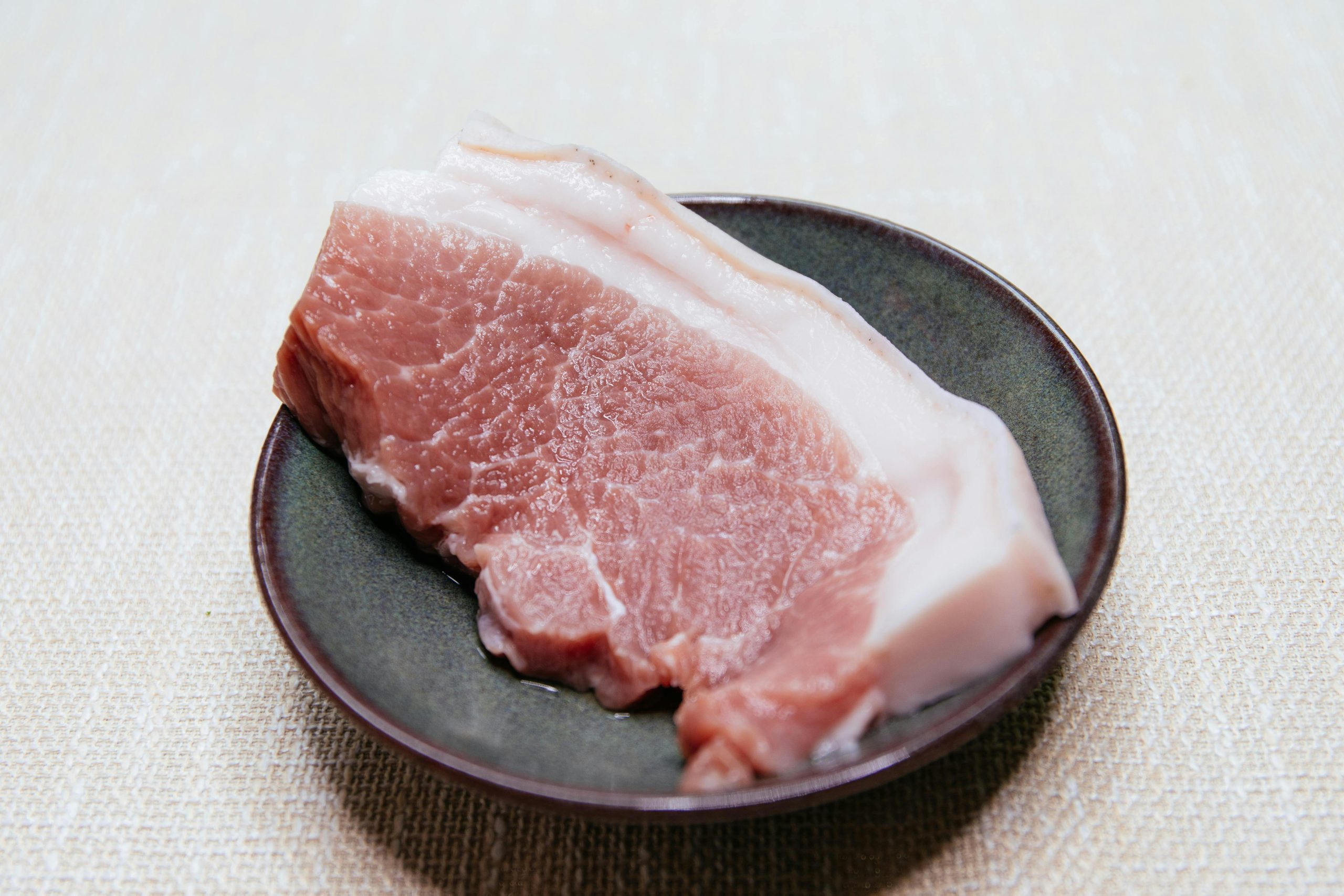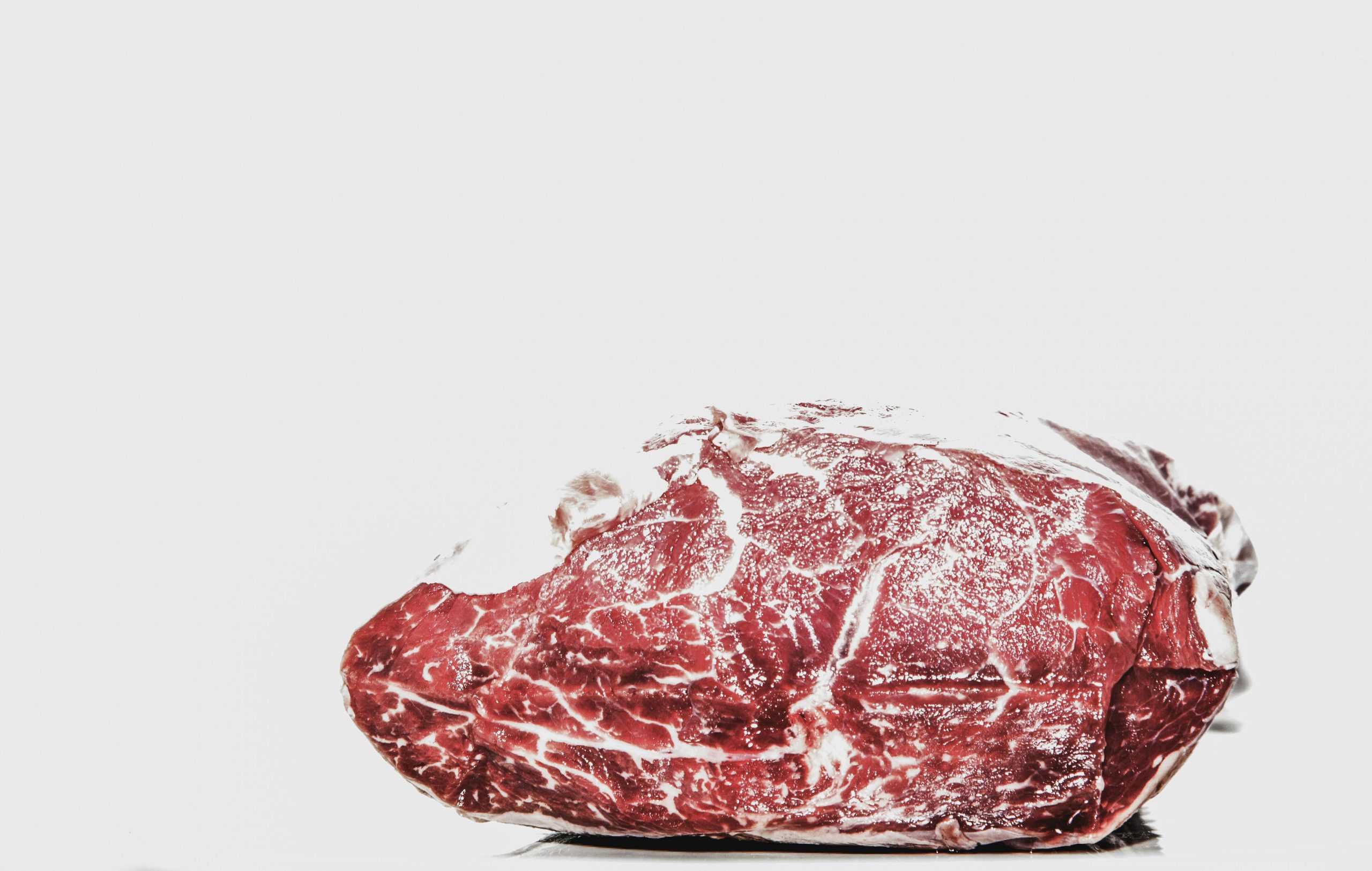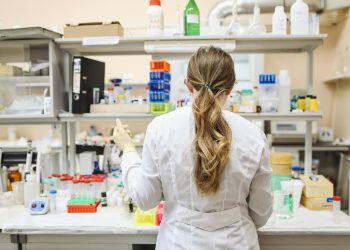The Future of Food: Cultivated Meat and the Regulatory Sandbox
In an era of increasing global food demand and rising environmental concerns, the need for sustainable food production has never been more critical. It is within this context that one of the most exciting recent developments in this space comes in the form of cultivated meat, otherwise known as lab-grown or cell-based meat process whereby meat is produced through in vitro cultivation of animal cells, eschewing traditional livestock farming altogether. But more recently, the United Kingdom took a big leap forward into embracing this revolutionary technology.
UK’s Department for Science, Innovation, and Technology pioneered a grant of £1.6 million in the development of a regulatory sandbox led by the Food Standards Agency and Food Standards Scotland. The initiative will inspire innovation, reduce red tape in regulation, and maybe even change the perception of food as it is known in the UK and worldwide.

What is a Regulatory Sandbox?
The regulatory sandbox comes from the financial industry, where this has been applied as a controlled environment to test new technologies and services with regulators. The UK now brings the same model to the food industry. This regulatory sandbox in lab-grown meat and seafood allows companies to develop and refine their products while adhering to the strictest standards of safety offered by the FSA and FSS.
Key Objectives of the Regulatory Sandbox
The sandbox has a variety of objectives, all purposed at fostering the emerging cultivated meat industry to ensure such products safely reach the market. These are:
a) Encouraging Innovation: Allowing businesses to test their ideas in a constrained regulatory environment, therefore, inspires the development of new cultivated meat products.
b) Ensuring Safety: Under the watch of the FSA and FSS, the sandbox will ensure that all products go through stringent safety assessments.
Speed up Market Approval: The regulatory sandbox will quicken the process to reach the final consumer faster than could have otherwise been achieved via more traditional regulatory paths.
Setting a Precedent: This move sets an example for other countries, hence setting a benchmark on how cultured meat can be safely introduced into the global food chain. Why Cultivated Meat?
The traditional meat industry is one of widespread deforestation, water pollution, and greenhouse gas emissions. In contrast, cultivated meat has proven much greener and more ethical than traditional meat, offering a number of advantages extending beyond its environmental benefits.
Key Benefits of Cultivated Meat
Sustainability of the Environment: Traditional animal husbandry is very resource-intensive; a lot of space, water, and feed are needed. In return, cultured meat requires much less when it comes to resources and produces significantly fewer greenhouse gas emissions.
Animal Welfare: The manufacturing of cultured meat does not need animal breeding or killing; this decreases the demand for factory farms and, therefore, can be seen as a potential positive impact on animal welfare internationally.
Food Safety: By 2050, the world will have almost 10 billion people; this trend in food safety is going up. Cultivated meat provides a consistent and controlled food supply with less of the risks found in more traditional farming methods.

Health and Safety: Because cultured meat is grown in a sterile environment, there is much less risk of contamination by noxious bacteria or zoonotic diseases. It can also be customized to meet certain dietary needs, whether it be low fat or sodium content.
Role of the UK Government
The £1.6 million investment by the UK government into the regulatory sandbox shows its ambition for the country to be a world leader in the future of food. It also forms part of the UK’s wider sustainability ambitions and an acknowledgment that different ways are needed from the food industry to feed a growing population on a warming planet.
A Potential Model for the World
In this direction, the UK is setting an example for other countries to emulate. If this initiative is successful, the UK framework might be used as a model to regulate cultivated meat and other such innovations in most countries of the world. Other countries that may be willing to bring cultivated meat into their markets could mimic how the UK does it. This could accelerate a global shift toward more sustainable food systems.
Challenges and Future Considerations
There are, however, a few kinks that need to be sorted out if the promise of cultivated meat is to come true. Scaling Production Methods: The various production methods developed for cultured meat so far are in their infancy. The procedures that companies have put together must be greatly scaled up, especially when world demand needs to be met at reasonable costs.
Consumer Acceptance: Consumers will have to be convinced to accept the product, cultivated meat. Public awareness through campaigns and education on the benefits accruing from cultured meat will be important in perception change.
Ethical Considerations: While cultivating meat addresses many ethical concerns, some foods will still be received with suspicion coming from the laboratory. Open discussions of their concerns will be necessary for broader acceptance.Regulatory Challenges: Where the sandbox is a means of simplifying regulation; this is a new industry, and as it develops, so too will the policies and guidelines that surround it.
A New Era for Food Production
The UK also created the regulatory sandbox- just one more major leap toward sustainable food production. Opening up paths of innovation for those in line with lab-grown meat, the UK secures its place at the forefront in tackling environmental and ethical concerns associated with meat production. With lessons learned along the way from the UK’s regulatory sandbox, there is no question that the future of food production will indeed be molded not just in the UK but worldwide.

The Future Ahead
The regulatory sandbox is therefore not just an investment in the future of technology; it is an investment in a more sustainable and ethical food system. As the world continues to experience challenges unprecedented in human history from climate change to food security-the promise of cultivated meat holds a particular kind of hope. In doing so, through the adoption of innovation and the setting in place of a framework for responsible development, the UK showcases the way toward a future where food production will be sustainable, ethical, and aligned with the needs of a fast-changing world.
This development should be closely monitored in terms of its progress and findings. The UK has become somewhat of a frontrunner in the global setting with this creation of a sandbox, setting the bar high against which other countries will have something to work towards as they seek answers about the future of food.









